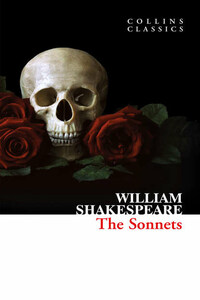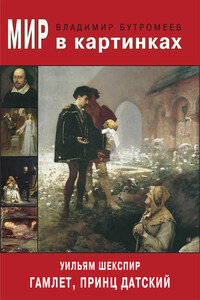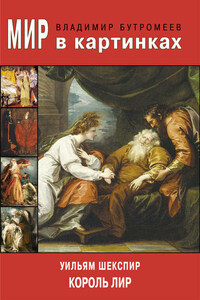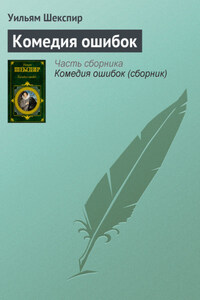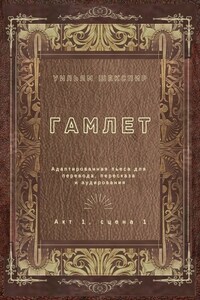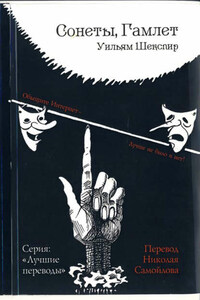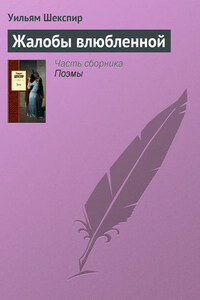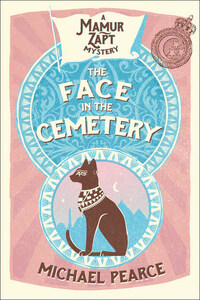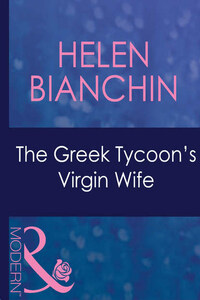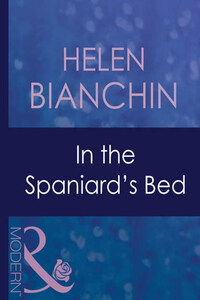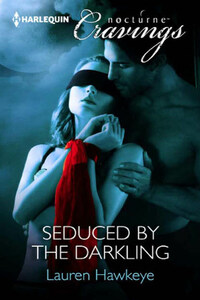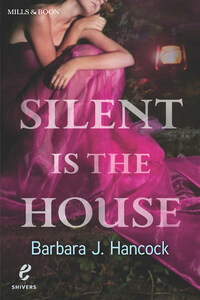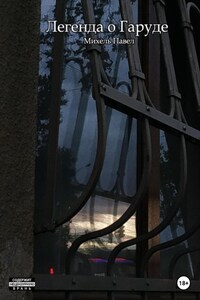William Collins
An imprint of HarperCollinsPublishers
1 London Bridge Street,
London SE1 9GF
www.WilliamCollinsBooks.com
This eBook edition published by William Collins in 2016
Life & Times section © HarperCollinsPublishers Ltd
Gerard Cheshire asserts his moral right as author of the Life & Times section
Shakespeare: Words and Phrases adapted from
Collins English Dictionary
Cover by e-Digital Design
Cover image © croisy/iStock
A catalogue record for this book is available from the British Library.
All rights reserved under International and Pan-American Copyright Conventions. By payment of the required fees, you have been granted the non-exclusive, non-transferable right to access and read the text of this e-book on-screen. No part of this text may be reproduced, transmitted, down-loaded, decompiled, reverse engineered, or stored in or introduced into any information storage and retrieval system, in any form or by any means, whether electronic or mechanical, now known or hereinafter invented, without the express written permission of HarperCollins.
Source ISBN: 9780008171285
Ebook Edition © January 2016 ISBN: 9780008171292
Version: 2016-01-07
This Shakespeare play uses the full Alexander text. By keeping in mind the fact that the language has changed considerably in four hundred years, as have customs, jokes, and stage conventions, the editors have aimed at helping the modern reader â whether English is their mother tongue or not â to grasp the full significance of the play. The Notes, intended primarily for examination candidates, are presented in a simple, direct style. The needs of those unfamiliar with British culture have been specially considered.
Since quiet study of the printed word is unlikely to bring fully to life plays that were written directly for the public theatre, attention has been drawn to dramatic effects which are important in performance. The editors see Shakespeareâs plays as living works of art which can be enjoyed today on stage, film and television in many parts of the world.
An Elizabethan playhouse. Note the apron stage protruding into the auditorium, the space below it, the inner room at the rear of the stage, the gallery above the inner stage, the canopy over the main stage, and the absence of a roof over the audience.
On the face of it, the conditions in the Elizabethan theatre were not such as to encourage great writers. The public playhouse itself was not very different from an ordinary inn-yard; it was open to the weather; among the spectators were often louts, pickpockets and prostitutes; some of the actors played up to the rowdy elements in the audience by inserting their own jokes into the authorsâ lines, while others spoke their words loudly but unfeelingly; the presentation was often rough and noisy, with fireworks to represent storms and battles, and a table and a few chairs to represent a tavern; there were no actresses, so boys took the parts of women, even such subtle and mature ones as Cleopatra and Lady Macbeth; there was rarely any scenery at all in the modern sense. In fact, a quick inspection of the English theatre in the reign of Elizabeth I by a time-traveller from the twentieth century might well produce only one positive reaction: the costumes were often elaborate and beautiful.
